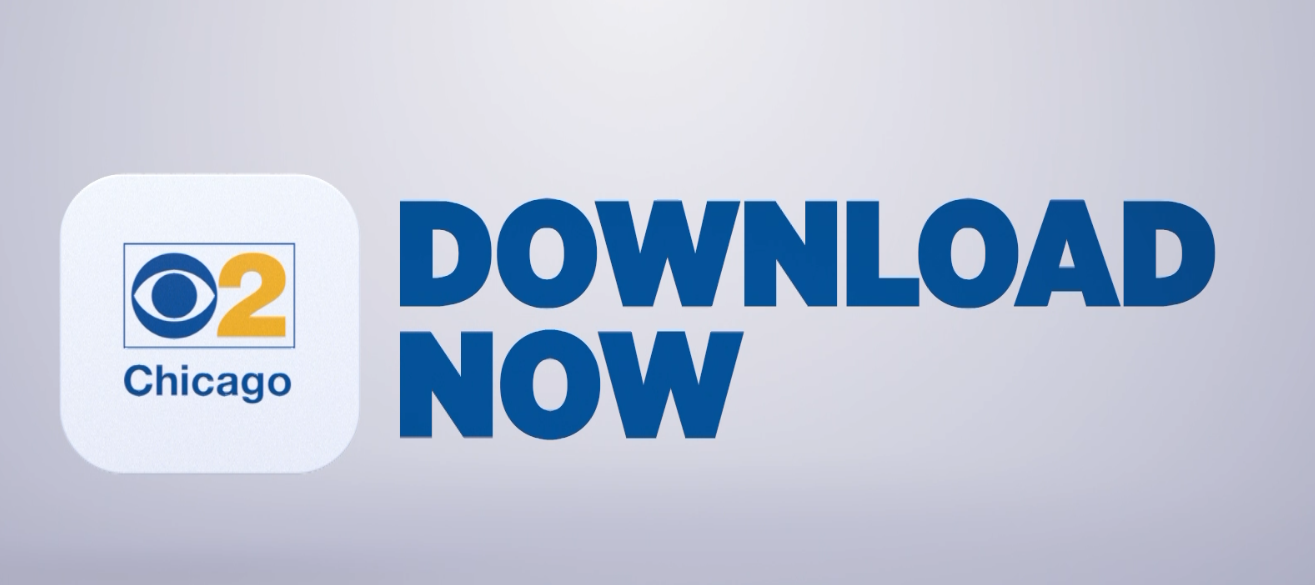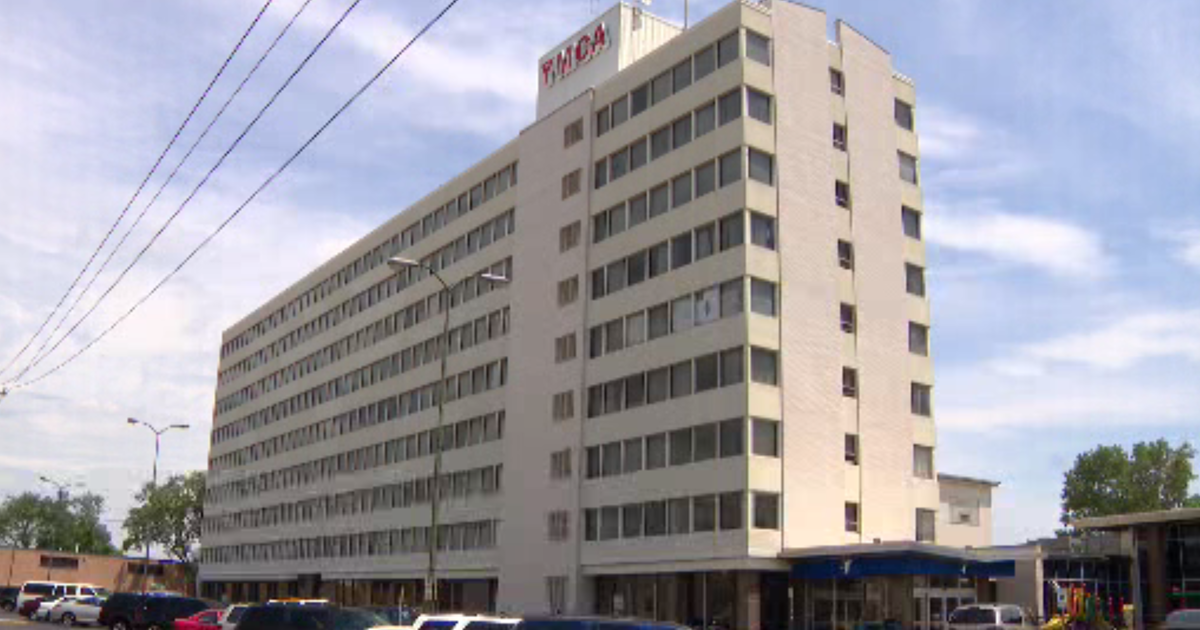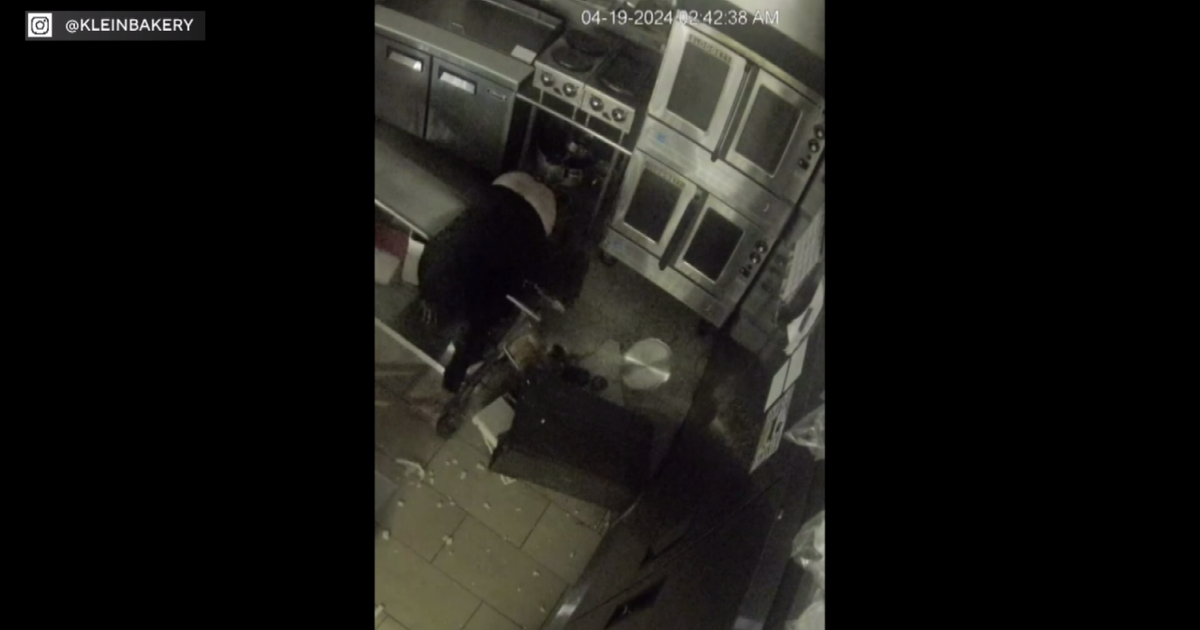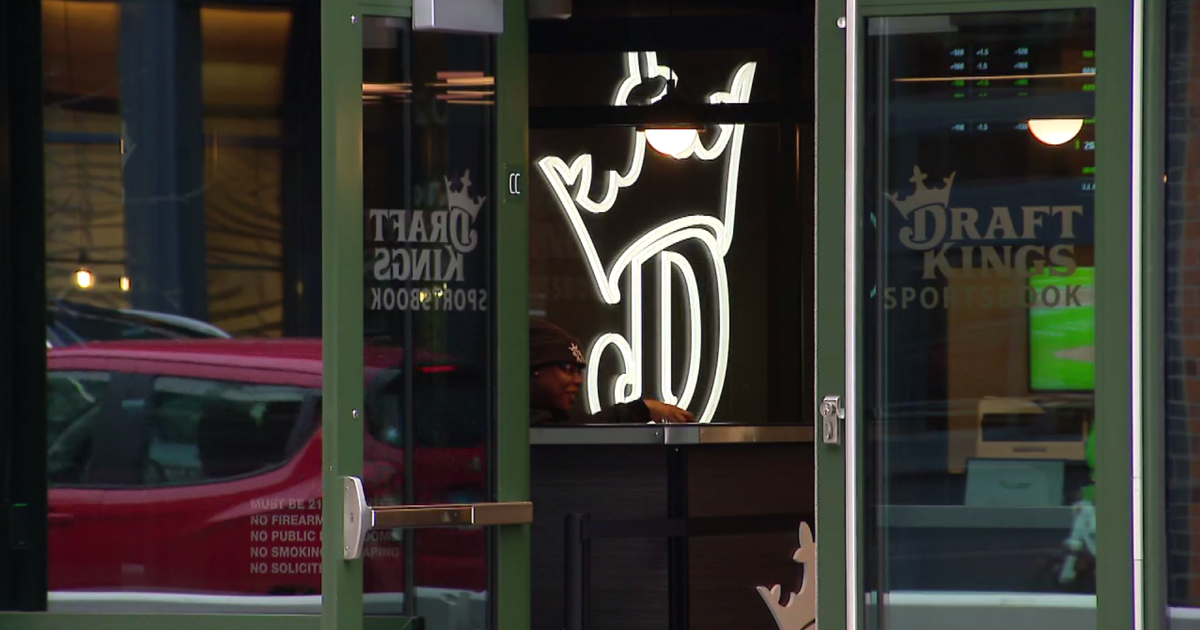FDA Approves Emergency Use Of Montoclonal Antibody Therapy For COVID-19: Doctors Explain How It Works
CHICAGO (CBS) -- A COVID-19 treatment called monoclonal antibody therapy has just been approved for emergency use by the Food and Drug Administration, and we're learning more about how it works.
As CBS 2's Suzanne Le Mignot reported Tuesday, 1 million doses will be more widely ready by the end of the year. The first doses were set to be delivered for use to sites through the government allocation program, as early as Tuesday.
"It's exciting to be involved in the beginning of trying to find a treatment for a worldwide pandemic," said Dr. Alexander Stemer of the Symphony Care Network.
Stemer took part in the Eli Lilly monoclonal antibody therapy trial. He did not have COVID-19, but said he could have been exposed through his work.
Le Mignot asked the infectious disease physician what the treatment felt like.
"It was a simple, uncomplicated procedure associated with no symptoms whatsoever," Stemer said. "About one hour and 15 minutes after the infusion started, my IV was removed and I was able to go on and conduct the rest of my duties."
Stemer is also the co-chair of the Symphony Care Network COVID-19 task force. Symphony formed the task force after more than 20 people at its Joliet facility died from COVID-19 in April.
About 50 of the nursing facilities staff and residents at Symphony's Chesterton, Indiana location took part in the recent study. Stemer said were given the drug or a placebo, and he said no one had any side effects.
Infectious disease physician Dr. Gregory Huhn was a principal site investigator for the drug trial at Cook County Health. Huhn said the antibody used in the treatment came from the first person infected with COVID-19 in the United States.
"In the lab, we were able to identify the most protective antibody to prevent attack from the virus into the respiratory cells," he said.
Huhn said what they've seen is the virus level starts to go down in a person's respiratory tract by day two after receiving the IV infusion. The treatment is for those with mild to moderate symptoms and should be given within three days of their COVID-19 diagnosis.
"The goal is to prevent complications and hospitalizations for those most at high risk from COVID-19 infection and disease," Huhn said.
Dr. Huhn sadi among those at highest risk would be the elderly, people with diabetes, and those with compromised immune systems. Dr. Stemer said the first available doses will be given to the most vulnerable, such as those in nursing facilities.
Also From CBS Chicago:
- Multiple Vehicles Damaged In Arson At Car Dealership In East Side
- Pfizer Announces COVID-19 Vaccine Is 90% Effective, Seeking Emergency Authorization
- Boy, 7, Struck And Killed By Vehicle In Oak Lawn






